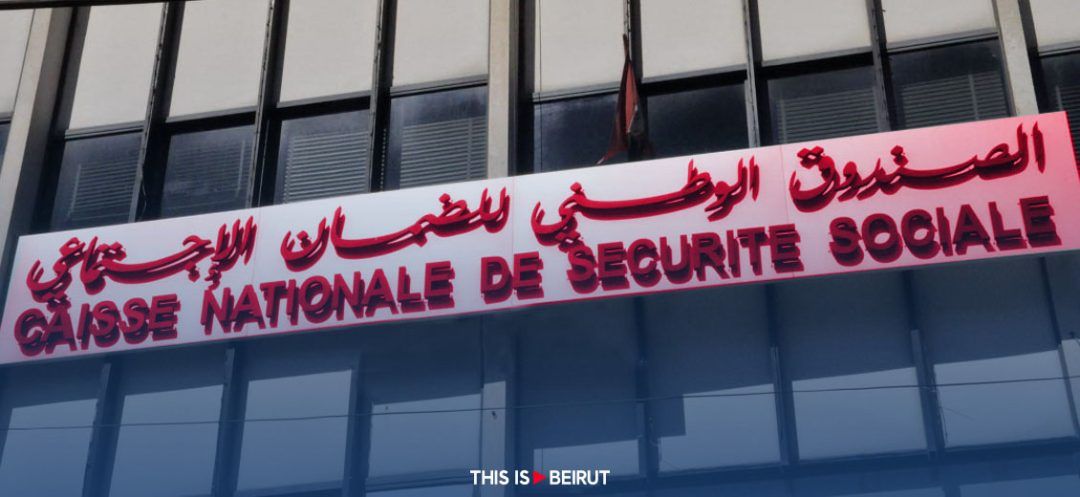
What once was a social safety net, represented by the National Social Security Fund (NSSF), is no longer.
Despite the good will of NSSF Director-General Mohammad Karaki, the calculation and withdrawal process of end-of-service indemnities continue to pose a complicated contention. Unfortunately, it is the employees, who are the most vulnerable, that bear the brunt.
Just a few days ago, Karaki announced that end-of-service indemnities could be withdrawn in a one-time lump sum, in cash. He further underscored his repeated but unsuccessful attempts to obtain approval from the Central Bank of Lebanon (BDL) to calculate the indemnities using exchange rates of 3,900, 8,000, and 15,000 Lebanese pounds to the dollar.
Calculation of Indemnities
While the BDL may have valid reasons for rejecting Karaki's proposals, the situation for employees, particularly civil servants, is dire. After decades of dedicated service, they will retire with meager end-of-service indemnities. The term “meager” is not an exaggeration, since it reflects the derisory amounts ranging from USD 350 to USD 1,500 for 20 years of hard work. Additionally, all salary increases granted during the crisis are considered temporary social allowances and consequently are not included in the calculation of end-of-service indemnities.
For private sector employees, a dignified transition from working life to retirement hinges on the employer's commitment to comprehensively addressing the regularization of contributions to the National Social Security Fund. This procedure involves reconciling the total amount of payments made by the employer with the precise amount of contributions owed to the fund. The problem lies in determining the calculation base for the employee's final salary in an unstable environment marked by soaring inflation rates and the absence of a salary scale. Certainly, employers in the private sector did not hesitate to adjust salaries, allocating a portion in fresh dollars and another in Lebanese pounds. Nevertheless, the regularization of contributions to the National Social Security Fund is a different kettle of fish. This might weigh heavily on a company's balance sheet in the midst of an aleatory economic environment, given that income tax in fresh dollars is prohibitive in the context of a country grappling with a prolonged and multidimensional crisis.
Cash Withdrawal
Moreover, Karaki announced that the NSSF has initiated new bank accounts in Lebanese pounds, offering affiliated members the flexibility to withdraw their accumulated entitlements in a single, lump-sum cash payment. This mechanism is only valid provided that the company head settle the reconciliation amounts in either cash or through a bank check denominated in fresh Lebanese pounds. Fresh Lebanese pounds represent cash deposits initially made to the issuing bank of the check. Therefore, the ease of withdrawing end-of-service indemnities is conditional and will only be applied on a case-by-case basis.
In a word, the depreciation of the Lebanese pound has left the National Social Security Fund an empty structure, waiting for Godot to get back to life.
Read more




Comments